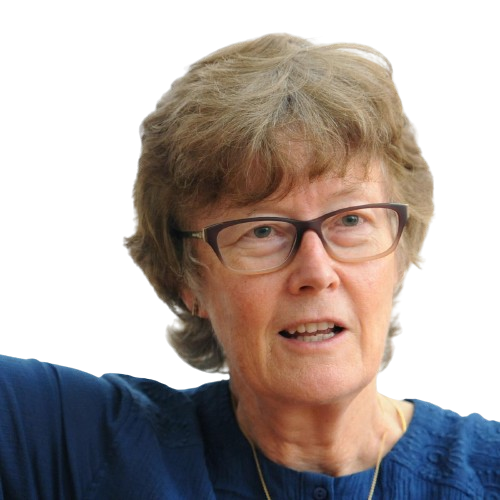The Inequality Revolution in Macroeconomics
- Location
- Alan Walters Lecture Theatre
- Dates
- Wednesday 13 March 2024 (16:00-17:00)

Peter Sinclair Town Hall Lecture by Wendy Carlin
Macroeconomics responds to crises with new models and facts – and new policy. In the last century, there was the Keynesian revolution in response to the Great Depression and the rational expectations revolution in response to the great stagflation. A third revolution was prompted by the global financial crisis of 2008: this is the inequality revolution in macroeconomics and it, too, is producing new models and facts. Is there a new macroeconomics synthesis that is useful to policymakers of the 21st century?
To secure your place, please register online. Further information will be sent to your email address closer to the time of the event. The event will take place in person and online, on Zoom
About the speaker
Wendy Carlin FBA is Professor of Economics in the Economics Department at UCL, Research Fellow of the CEPR and external professor at the Santa Fe Institute. Her research is on macroeconomics, institutions and economic performance, the economics of transition, and evolution of economic research and education. Her fourth macroeconomics book, subtitled ‘Institutions, instability, and inequality’ co-authored with David Soskice was published in 2024. She is a member of the Expert Advisory Panel of the Office for Budget Responsibility. She leads the CORE Econ project, which is changing economics education around the world and is co-director of the Stone Centre on Wealth Concentration, Inequality and the Economy at UCL. In 2015, she was awarded a CBE for services to economics and public finance and in 2022 elected to the American Academy of Arts and Sciences.
About the lecture series
The Peter Sinclair Town Hall lecture series features world class economists presenting their research and its real world implications to an audience of academic economists, economics students, and the wider community. The lectures are diverse in topic but united in that they bring the lens of economics to real world issues, demonstrating how economics can be both useful and a force for good in understanding and shaping the world. The lecture series is inspired by and commemorates Emeritus Professor Peter Sinclair, whose breadth of knowledge, curiosity, and kindness inspired his students and colleagues immeasurably.